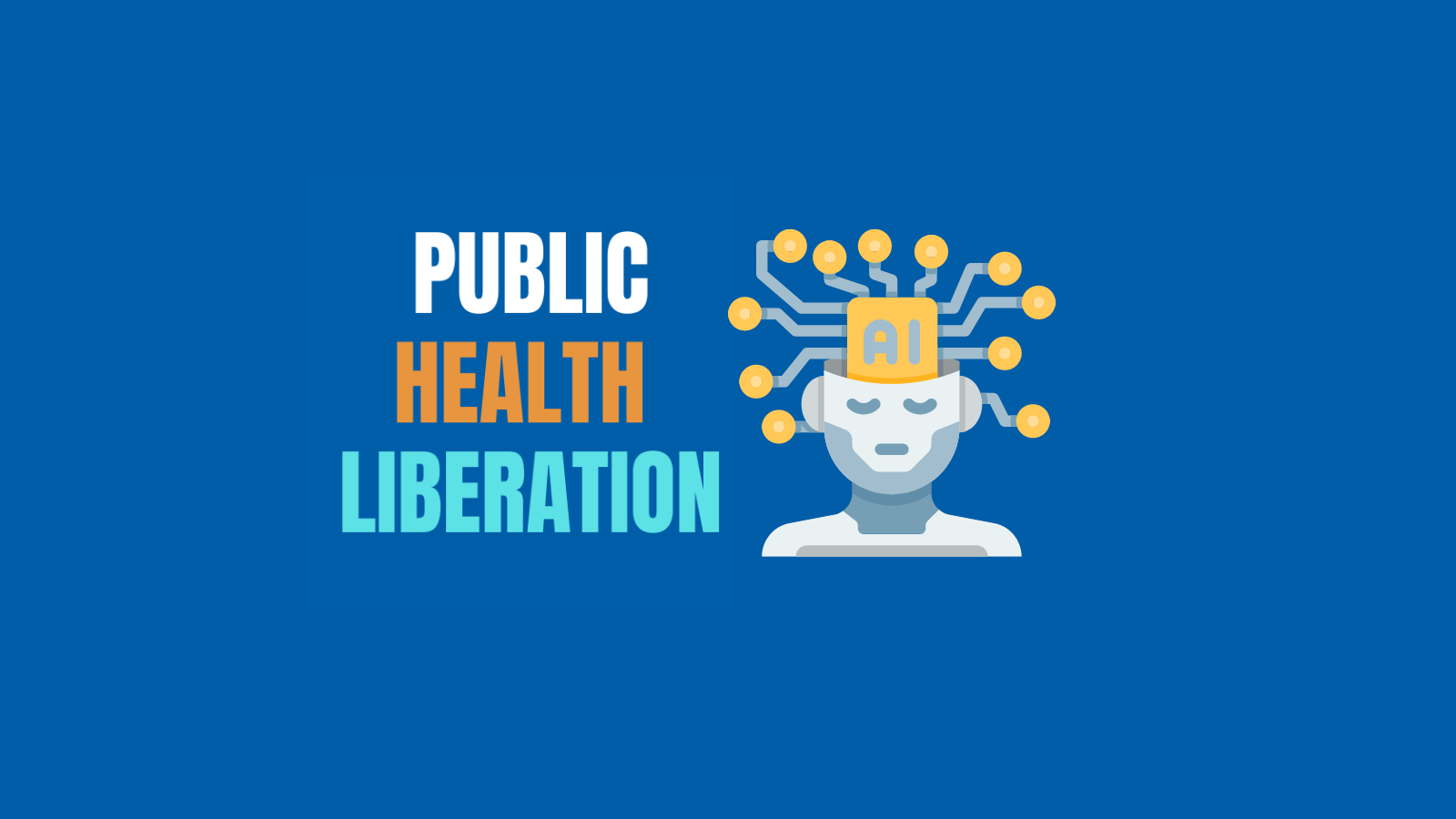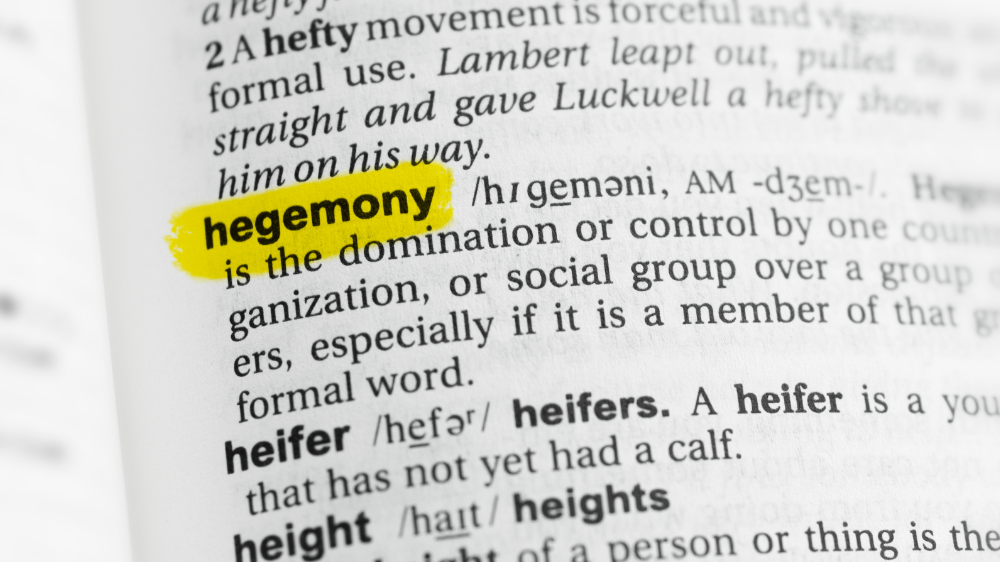
The Hub. Submit your story.
Public Health Liberation wants to hear your stories.
Scroll to bottom of page to submit
Public Health Liberation is dedicated to elevating public health to be aligned with everyday experiences with health. This includes creative expression, news aggregation, and storytelling. We believe that pathways for improved community health is deeply embedded in being receptive and responsive to diverse human expression, communication, and needs. Public Health Liberation deeply values the indispensable role and contribution of women as the gateway for achieving health equity.
We want to share your story on health and well-being. We accept all perspectives and creative forms. We just require that your work is original and publishable on our website. We can also link to sources that you find compelling and relevant. Email info@publichealthliberation.com

AI Series: A Persuasive Essay on Embracing Public Health Liberation and the Public Health Economy
The field of public health is at a critical juncture, with persistent health inequities demanding innovative approaches to understand and address the root causes of these disparities. Public Health Liberation (PHL) offers a groundbreaking perspective on the public health economy, providing a comprehensive framework for accelerating health equity. This essay aims to persuade you to study the public health economy as defined by PHL, emphasizing its potential to transform public health research and practice.

Securing the Future of Public Health through Advocacy of the Public Health Economy
I recently received an action alert from a prominent medical education organization calling for increased federal funding for physician training programs. Addressing a shortage of up to 124,000 physicians in ten years will ensure access to patient care and readiness for the next public health crisis, claimed the organization. [1] This email prompted several critical reflections. First, their efforts can be understood as public health leadership. Hospital and physician organizations have a longstanding role in public health agenda-setting. Second, the extent of the US physician shortage is widely debated. For over ten years, I served as a medical education researcher and knew that the major accreditor for training programs differed significantly in their assessment - unofficially at least. I recall that the CEO remarked at its international conference several years ago that the urgency of physician shortages was not in the pipeline, but in the geographic distribution of physicians and lack of mid-level providers. In other words, we do not need to increase the rate of physicians entering the workforce as much as address the conditions leading to regional disparities in health care availability due to consolidation, closing of hospitals, and profit-driven health care.[2] “While only 14 percent of Americans—almost 46 million people—live in rural areas, rural communities represent nearly two-thirds of primary care health professional shortage areas (HPSAs) in the country.” [3] I also knew that the accreditor was prevented from political advocacy, unlike many major organizations in this space, because of limitations within its congressional authorization. Many medical education, hospital, and physician organizations encouraged the bipartisan laws in 2020 and 2022 that provide Medicare support for 1,200 residency positions. This new push is seeking to build on their prior legislative success.

Moral and Religious Reasoning in Political Engagement: Learning from Faith Leaders
Public Health Liberation seeks to centrally situate philosophy in public health discourse on accelerating equity. Philosophy is broadly defined as a worldview based on moral, cultural, and religious teachings and standards by which to make sound judgments and to engage in critical analysis. PHL encourages a clear articulation of relevant values as part of a general strategy to accelerate health equity and encourage order in the Public Health Economy. Ethical and religious beliefs benefit public health discourse.

Rethinking Race and Black History Month- Lessons from US Capital
This cross-posting from Southwest Voice examines vast racial economic and health disparities in Washington, DC through accommodationist and cultural meanings of race among Black Americans and society. Washington, DC is the site of growing apartheid - a term not used loosely. DC has the highest spending per capita and the highest health spending per capita of any US city while racial differences in income and life expectancy continue to grow. Life expectancy for Blacks is worse than the US overall. The Black population is sizable, equaling the White population. City leadership is majority Black. These trends raise profound questions about the relevance of race and provide insight into barriers to racial equity. If racial inequity is flourishing in Washington, DC, then is the US facing greater headwinds to realize racial equity than public health discourse suggests? This discussion is highly consequential to public health theory and practice.

Hegemonic Arrangements in the Public Health Economy: Gaining Insight into Motivations and Behaviors
The theory of hegemony is a “grand theory” that helps to explain how and why societies are organized the way they are, including maldistribution of resources and mistreatment of certain populations. This essay builds on Antonio Gramsci’s concept of hegemony to examine the performance of the macro- and micro-Public Health Economy. It first provides a brief summary of hegemony, relying heavily on George Hoare and Nathan Sperber’s An introduction to Antonio Gramsci: His Life, Thought and Legacy. It extends this framework to contemporary issues using the author’s extensive community knowledge and experience. It answers questions on why certain populations with shared health burdens and interests might differ in approaches to self-advocacy.

Far from Abstract: Housing Determinants of Health Explained
Housing determinants of health are part of a broad set of factors perpetuating health inequity within the Public Health (PH) Economy. These determinants are typically defined as a type of social determinant of health explained by the lack of affordable housing, housing insecurity, shortened residential tenure, and poor housing conditions. [1] However, this definition fails to capture system failures wherein PH economic agents are responsible for exacerbating these housing determinants. This article will focus on the role of government agencies.
Image: Photo from HUD’s audit of the DC Housing Authority
Creative Arts.
“Maybe, we the project”
University professor and poetess PS Perkins reminds us about the humanity and lived experiences of families who live in public housing communities. She read her poem, “When a House is Not a Home” at the PHL National Webinar and Conversation on Liberation Philosophy, Systems Thinking, and Social Determinants of Health.
Documentary on Gentrification Captures Community Voices
Prior to starting Public Health Liberation,, Christopher Williams began an unfinished documentary to capture community voices in this gentrifying neighborhood of Washington, DC.
Submit to The Hub.
Please use the form below to submit. If you would rather include an attachment, please email phlhubsubmit@gmail.com.
Terms and Conditions: Upon submitting, you agree that you are the copyright holder or otherwise are legally entitled to submit for publication in The Hub and that you are truthfully representing your true or legal identity with the contact information that you include with your submission. You agree that the content is not published elsewhere. Once you submit to The Hub, we retain the ability to publish on our website and other promotional materials. You may request to remove content at any time.


